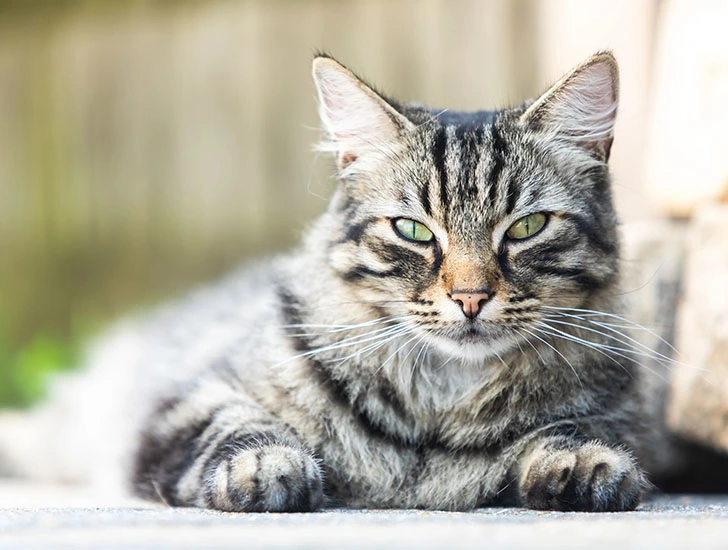Cats are known for their independent nature, but when it comes to reproduction, they may need a little help from their human caregivers. Whether you’re a pet owner curious about your cat’s reproductive health or a breeder looking to ensure the well-being of your feline friends, understanding the reproductive process is essential. This article offers insights into cat reproduction, signs of pregnancy, and tips on how to best care for your cat during this crucial time.
Understanding the Reproductive Cycle in Cats
Cats typically reach sexual maturity between 5 to 9 months of age, though it can vary depending on breed and health. Female cats, known as queens, go into heat several times a year. The reproductive cycle, also called the estrous cycle, is divided into different stages:
- Proestrus: The queen may show interest in male cats, but she is not yet ready to mate. This stage can last for a day or two.
- Estrus (Heat): This is when the queen is fertile and ready to mate. Cats in heat often become more affectionate, vocal, and display certain behaviors like rubbing against furniture. This phase can last from 3 to 10 days.
- Interestrus: If the queen does not mate during the heat, she will enter a resting period that can last from a few days to a few weeks.
- Anestrus: This is the inactive phase of the cycle when the cat is not in heat. It typically occurs in the colder months when daylight is shorter.
Mating and Conception
When a female cat is in heat, she can become pregnant if she mates with a male cat. The act of mating induces ovulation, which increases the chances of conception. If mating is successful, the sperm fertilizes the egg, and pregnancy begins.
Signs of Pregnancy in Cats
It can sometimes be challenging to recognize the early signs of pregnancy in cats, but some common symptoms include:
- Nipple changes: After around 15-18 days of pregnancy, the cat’s nipples will become more prominent and pinker.
- Increased appetite: Pregnant cats will usually start eating more to support the growth of their kittens.
- Weight gain: Expect your cat to gain weight, especially around the abdomen.
- Behavior changes: Your cat may become more affectionate or, in some cases, more withdrawn.
- Morning sickness: Some cats may experience nausea or vomiting during early pregnancy.
If you suspect your cat is pregnant, it’s a good idea to visit the vet to confirm and ensure that the pregnancy is progressing smoothly.
Caring for a Pregnant Cat
Once you know your cat is pregnant, providing her with proper care is vital. Here are some tips to ensure a healthy pregnancy and birth:
- Nutrition: Ensure that your cat is eating high-quality, nutrient-rich food. You can switch to a specialized diet formulated for pregnant or nursing cats, as these foods are packed with the necessary nutrients to support both the mother and her growing kittens.
- Safe environment: Make sure your home is safe and stress-free. Pregnant cats may become more territorial or anxious, so provide them with a quiet, comfortable space to rest.
- Vet visits: Regular vet check-ups are crucial during pregnancy. The vet can monitor the cat’s health and offer advice on any complications or changes in behavior.
- Exercise: While it’s important to ensure your cat gets light exercise to stay fit, avoid over-exerting her, especially during the later stages of pregnancy.
Labor and Delivery
Most cats are capable of giving birth without human intervention, but you should still be prepared to assist if necessary. Signs that your cat is about to give birth include restlessness, nesting behavior, and a drop in appetite.
The labor process typically lasts several hours. After each kitten is born, the mother will clean it and sever the umbilical cord. It’s important to let the mother handle this process, but if she seems to struggle or if complications arise, contact your vet for help.
Postnatal Care
Once the kittens are born, ensure that the mother and her kittens are kept warm and well-fed. The mother will nurse her kittens, and they will stay with her for about 8 weeks before they are ready to be weaned.
Monitor the mother’s health closely after the birth. If she shows signs of discomfort, lethargy, or isn’t caring for her kittens properly, consult a vet immediately.


